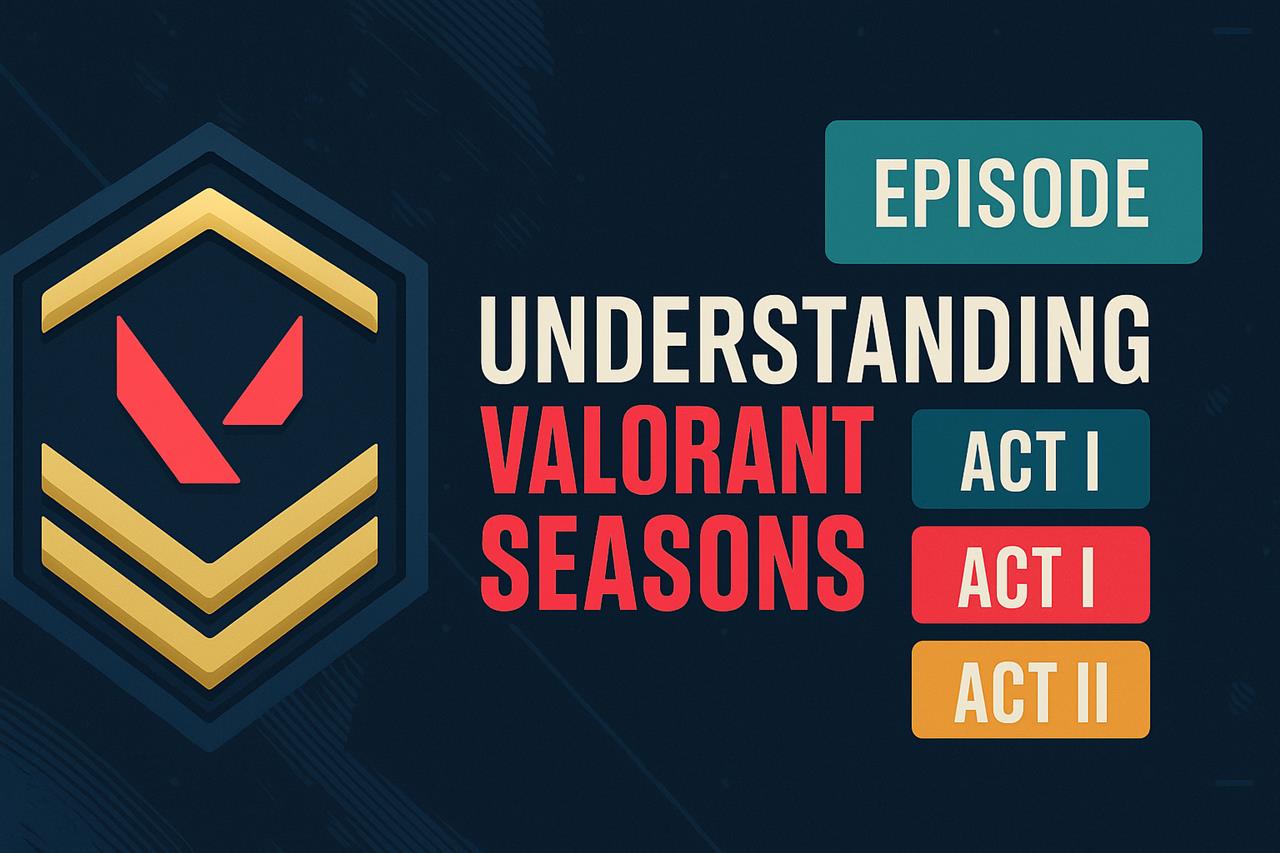Understanding valorant seasons

Since its release in June 2020, Riot Games' tactical shooter Valorant has captivated millions of players worldwide. One of the key elements that maintain the game's competitive environment and replay value is its seasonal format. These periods, often referred to as Acts or Episodes, shape how content is introduced and how players progress in the game. For a complete list and breakdown of all Valorant seasons, fans can explore detailed timelines online.
What Are Valorant Seasons?
In Valorant, seasons are divided into larger groupings called Episodes, with each Episode containing three smaller Acts. Each Act typically lasts around two months, while an Episode spans roughly six months. These timeframes help organize updates, competitive resets, battle passes, and new agent or map releases.
Episodes and Acts
An Episode acts as a major content milestone for the game. Every new Episode usually launches with significant changes such as a new Agent, a new map, or major gameplay updates. Within each Episode are three Acts, which are smaller chapters focused on fresh updates, ranked resets, and refreshed battle passes.
Example Season Structure:
- Episode 1: Ignition
- Act 1: Launch of the game, initial battle pass, and ranked mode
- Act 2: Introduction of new Agents and gameplay adjustments
- Act 3: New map and continued evolution of current meta
Importance of Seasonal Format
The seasonal system brings rhythm and predictability to Valorant. It allows players to anticipate when new content might drop and encourages consistent play through battle pass progression. This format also helps Riot gather feedback incrementally and make timely adjustments based on player behavior and competitive integrity.
Competitive Reset and Ranked Progression
Each Act comes with its own competitive cycle. At the beginning of a new Act, players receive a reset in their ranked placement and must complete placement matches again. However, your Matchmaking Rating (MMR) carries over, meaning that placements are still somewhat influenced by previous performance.
Rank Rewards
At the end of each Act, players receive a badge showing the highest rank they achieved during that Act. In addition, Act Ranks - a triangular badge defined by your best performances - reflect your skill development and consistency. This encourages players to keep improving throughout the Act.
Battle Passes and Rewards
Every new Act introduces a fresh battle pass - a progression-based system that rewards players with cosmetic items such as gun skins, sprays, player cards, and more. The battle pass usually offers both free and premium tracks, giving all players an opportunity to earn rewards, while also providing extra incentives for those who purchase the upgrade.
Content Updates Across Seasons
Seasons are also the vehicles through which Riot delivers new content. Whether it's launching an entirely new Agent with unique abilities, rolling out fresh maps to diversify gameplay, or rebalancing weapons and characters, the seasonal calendar ensures players get regular, exciting updates.
Agent Releases
Typically, a new Agent is introduced at the start of a new Episode or Act. These Agents come with distinct abilities that can significantly alter the game's strategies and team compositions.
Map Rotations and Additions
Valorant frequently rotates maps in and out of the competitive pool to maintain balance and freshness. New maps are added occasionally, often coupled with an Episode launch, bringing new layouts and tactical possibilities.
How to Stay Updated
With numerous changes occurring across Acts and Episodes, keeping track of the latest developments can be a challenge. Players are encouraged to follow official Valorant channels and check websites dedicated to updates and detailed overviews, like the one on Valorant seasons.
Conclusion
Valorant seasons form the backbone of the game's content schedule and competitive pacing. Each Episode and Act introduces new opportunities for growth, competition, and customization. By understanding how seasons work, players can better prepare for challenges ahead, maximize their in-game rewards, and stay ahead in the ever-evolving world of Valorant.